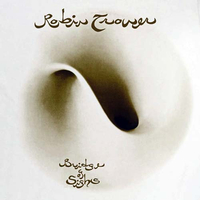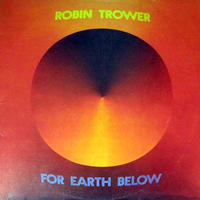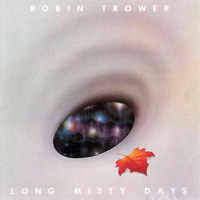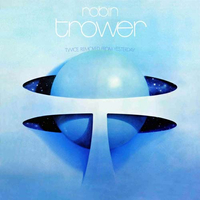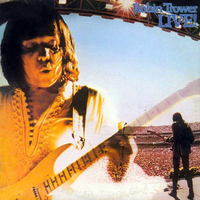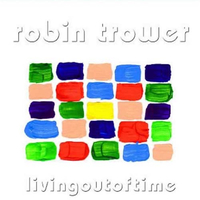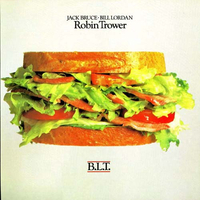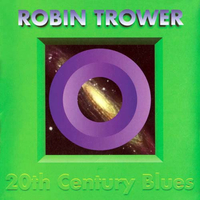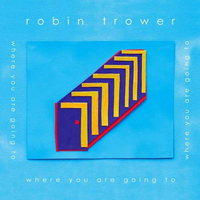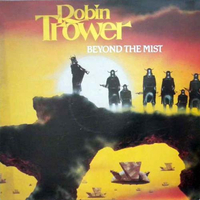Robin Trower is one of the great English grandmasters of the guitar. A musician and songwriter with a celestial blues sound and deep spiritual roots, he achieved star billing in the 1970s when he scored a string of Top 10 albums in America.
The definitive line-up of his group, featuring Scottish singer/bass player James Dewar and American drummer Bill Lordan, quickly became a major international touring attraction. Later, together with Lordan and former Cream vocalist/bassist Jack Bruce, Trower formed B.L.T., a supergroup that shone briefly but failed to halt the decline in his commercial fortunes since the 1980s.
Trower has nevertheless endured. Still writing and recording, he has always sought fresh horizons, and has just released and another new album, Time And Emotion. And he continues to tour, proudly showcasing a repertoire from the 1970s that runs like a thread of steel through the core of British blues-rock culture.
Born in Catford, South London in 1945, Trower grew up in Southend-on-Sea, where as a teenager he formed The Paramounts with singer and pianist Gary Brooker. A band that straddled both the beat and blues booms of the 1960s, The Paramounts enjoyed an early minor hit single with Poison Ivy in 1963, but are best remembered as the forerunner to prog legends Procol Harum, who convened in 1967.
Trower missed the session for Procol Harum’s breakthrough hit A Whiter Shade Of Pale, but was on board for the band’s first five albums – one hell of an apprenticeship. On his last album with Harum, Broken Barricades, released in 1971, Trower wrote and sang Song For A Dreamer, a heartfelt tribute to Jimi Hendrix who had died the year before.
The loss of Hendrix did more than merely inspire Trower to write a song – it marked a turning point in his life. After a decade of serving in groups, he was ready to make a move on his own. Having evolved a sound and playing style befitting a true disciple of Hendrix, it was time to spread his own gospel. With Dewar and drummer Reg Isidore, and with his Procol Harum comrade Matthew Fisher producing, he released the first Robin Trower album, Twice Removed From Yesterday, in 1973 – and instantly plugged into the motherlode.

...and one to avoid
You can trust Louder Our experienced team has worked for some of the biggest brands in music. From testing headphones to reviewing albums, our experts aim to create reviews you can trust. Find out more about how we review.

